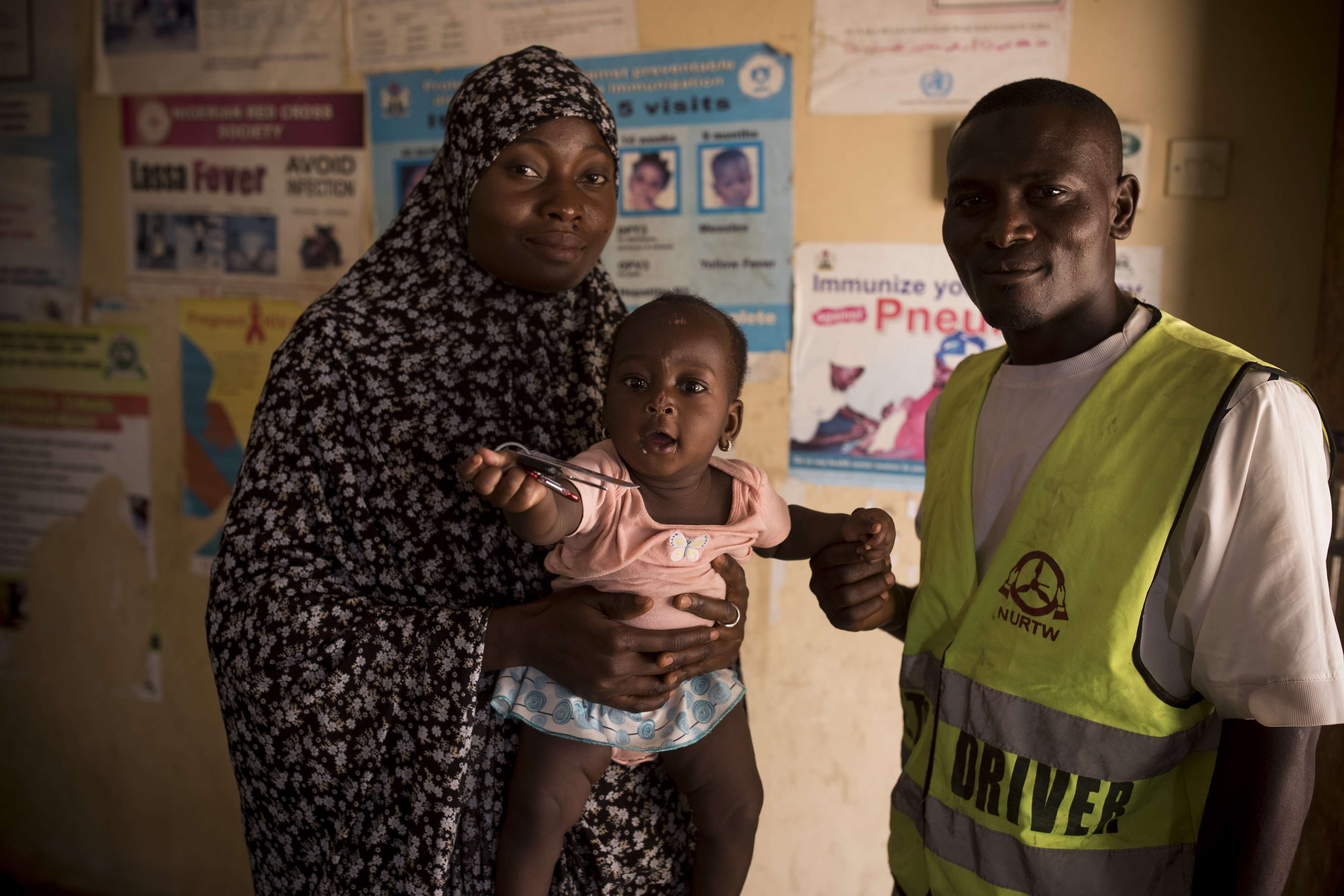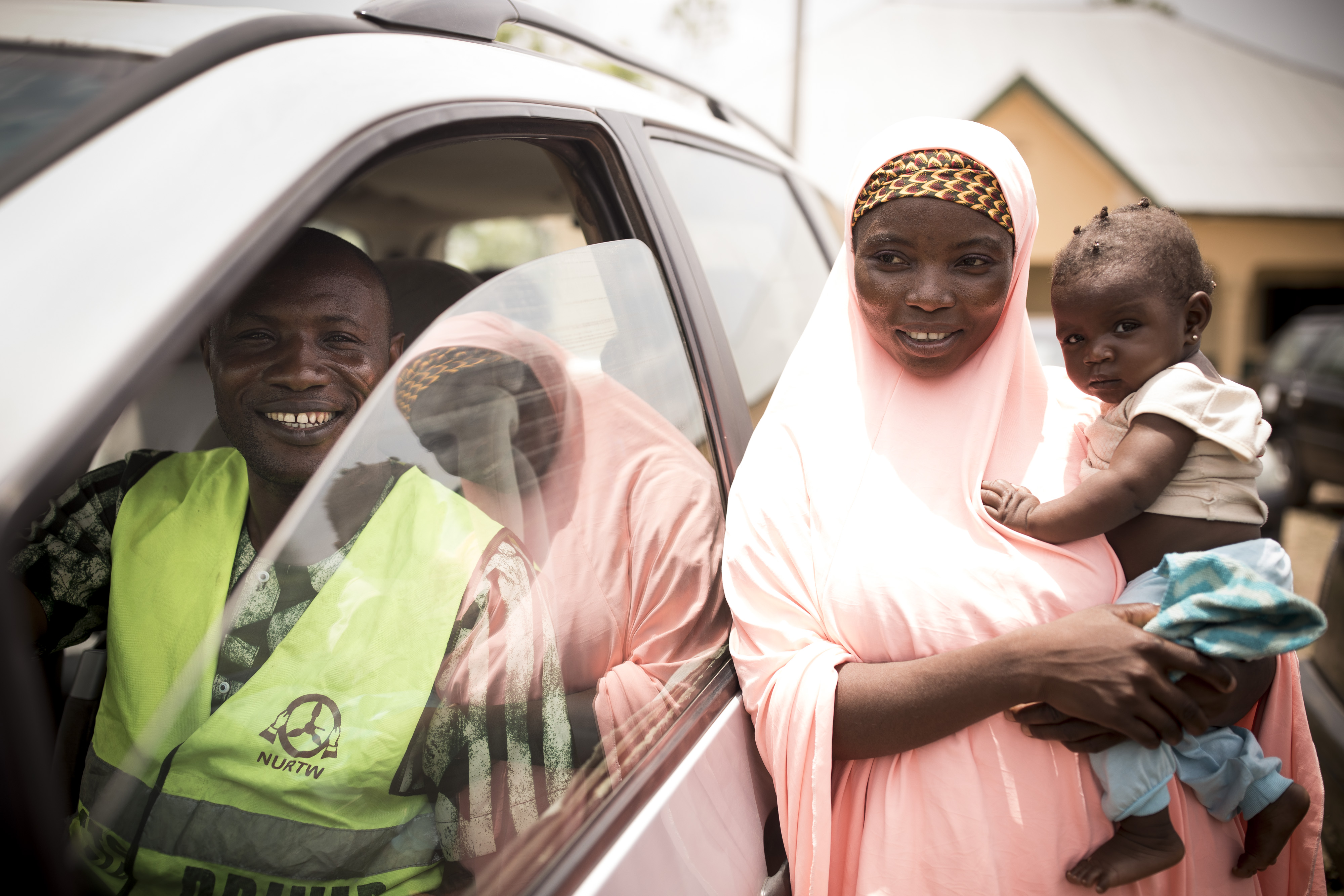Puma Energy Foundation: Transaid Nigeria - PEF
Transaid, Nigeria
Every day, approximately 800 women die from preventable causes related to pregnancy and childbirth and 99% of all maternal deaths occur in developing countries (WHO). Physical access to health services and medicines is critical for reducing maternal, neonatal and child mortality rates. We are working in partnership with Transaid to tackle this urgent issue. Transaid will implement a pioneering emergency transport scheme in Nasarawa State (Nigeria) to safely transport pregnant women to health facilities.
The Puma Energy Foundation helped Transaid expand its ETS system across six local governmental areas in Nasarawa State, Nigeria, significantly increasing the impact of the project on a greater proportion of the total population. Transaid’s ETS scheme has been designed to be integrated and accepted by local communities, respecting the local culture and social customs, and help pregnant woman feel safe and comfortable during the service. Transaid’s long experience in delivering this emergency scheme across African countries has demonstrated that volunteer taxi drivers, albeit they are not formally payed, receive a widely diffused approbation by local communities and are hailed as local heroes.

Volunteer taxt drivers, who receive training by Transaid, are contacted when transport is needed by mobile phone, by sending a family member to the driver’s house or through a community focal person. In most cases, the drivers can get the women to the hospital quickly, efficiently and uneventfully.
However, Amina Abdullah Asiz had a more dramatic experience. When she went into labour, she was picked up by a nearly ETS driver, Bilyaminu Mohammad. He transferred her to a local health centre, and then headed to a general hospital further away when she experienced severe difficulties. Their car was stopped by armed robbers en route to the hospital. Terrified, Amina and Bilyaminu begged the robbers to allow them to continue to the hospital – and they did. But when they arrived at the hospital, the gynaecologist was not there. Bilyaminu didn’t hesitate, jumping into the car once more and finding the doctor at his home.
Amina safely delivered her daughter soon after, and named her after Bilyaminu’s mother as a token of her gratitude to the heroic volunteer. Amina adds that if it were not for ETS drivers and the scheme, she feels that she wouldn’t have survived that night.
As a result of the programme, 1,752 women were safely transported to health facilites through the ETS system and 19 volunteer ETS drivers have been trained.

Puma Energy Foundation
1, rue de Jargonnant
1207 Geneva
Switzerland
Email: contact@pumaenergyfoundation.com



